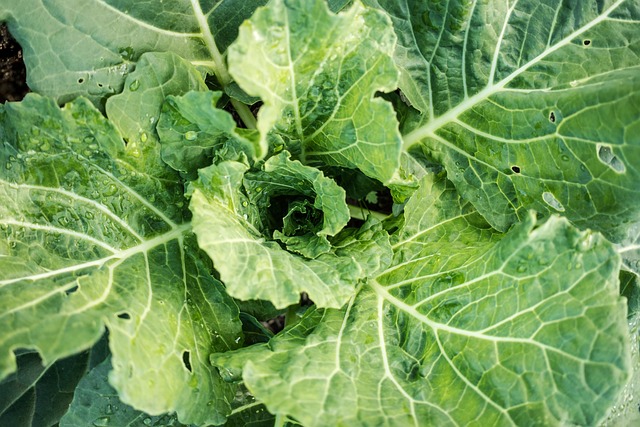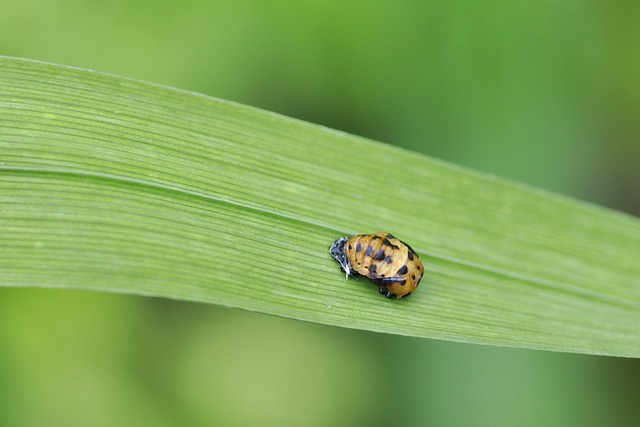A persistent musty smell in your Wheat Ridge basement likely indicates a pest infestation, ranging from small insects to severe problems like termites or roaches. To address this, carefully inspect wooden structures for damage, dark areas for insects, and moisture-prone spots for mold growth, identifying the source for targeted Wheat Ridge pest control solutions. Prompt action is crucial to prevent structural damage and implement eco-friendly deterrents or professional treatments for long-term relief.
Are you concerned about a mysterious musty scent in your Wheat Ridge basement? It could be an indicator of a pest problem. This article guides you through identifying common basement pests and understanding the extent of the issue, from localized infestations to widespread problems. We provide effective pest control strategies tailored for your Wheat Ridge home, ensuring a comfortable and pest-free environment. Discover how to locate the source of that musty smell and take back control with expert advice on wheat ridge basement pest suppression.
- Identifying the Musty Smell: Uncovering Common Basement Pests
- Localized vs. Infested: Understanding the Extent of the Issue
- Effective Pest Control Strategies for Your Wheat Ridge Basement
Identifying the Musty Smell: Uncovering Common Basement Pests

If you’ve noticed a distinct musty scent wafting through your Wheat Ridge basement, it could be an early indicator of a pest problem. Many common basement pests, such as carpenter ants, cockroaches, or even mold, are known for leaving behind a pungent, earthy odor. This smell often becomes more pronounced over time as the pest population grows and infests areas deeper within your home’s foundation.
When trying to identify the source of this musty aroma, follow the trail of scent back to its origin. Pests like carpenter ants tend to nest in wooden structures, so check for damaged or weakened beams, floorboards, or walls in your basement. Cockroaches and other insects might be lurking behind appliances, under carpets, or within dark cracks and crevices. Mold growth, often associated with high humidity, can develop in secluded areas, causing that familiar musty smell and potential health concerns.
Localized vs. Infested: Understanding the Extent of the Issue

If you’re noticing a musty smell in your Wheat Ridge basement, it could indicate a pest infestation. The first step is to determine whether the issue is localized or widespread. Localized problems might be caused by small animals like mice or insects such as centipedes or spiders, which can infiltrate through tiny cracks and gaps. These infestations may produce a distinct odor but generally remain confined to specific areas.
In contrast, an infested basement suggests a more severe and extensive issue. Pests like termites, carpenter ants, or even roaches can quickly multiply and spread throughout the entire basement and potentially upward into living spaces. This type of infestation leads to not only a musty smell but also visible signs like pest droppings, egg sacs, or damaged structures. Identifying the source through careful inspection is crucial for effective wheat ridge pest control solutions.
Effective Pest Control Strategies for Your Wheat Ridge Basement

If you’re detecting a persistent musty smell in your Wheat Ridge basement, it’s time to investigate and implement effective pest control strategies. The source could be an infestation of common basement pests like crickets, centipedes, or even rodents. Identifying these intruders is crucial for targeted treatment. Start by searching for any visible signs such as tracks, droppings, or eggshells. Then, consider the entry points – cracks in walls or floors, or gaps around pipes and vents. Sealing these openings with caulk or weatherstripping can help prevent future invasions.
Once you’ve located the source, there are several eco-friendly pest control options to consider. Natural deterrents like diatomaceous earth, boric acid, or citrus-based repellents can be effective against various pests. For a more robust solution, professional pest control services offer safe and tailored treatments. They’ll not only eliminate existing infestations but also provide long-term protection by addressing the root causes behind the musty smell – moisture issues or food sources – ensuring your Wheat Ridge basement remains pest-free.
If you’ve identified a musty smell in your Wheat Ridge basement, it’s crucial to take action and find the source. Whether the issue is localized or has spread, implementing effective pest control strategies is essential for a successful and lasting solution. By understanding the extent of the infestation and employing targeted methods, you can restore comfort to your home and prevent future pest problems. Don’t let basement pests become a recurring nightmare—take charge with dedicated pest control measures today.
